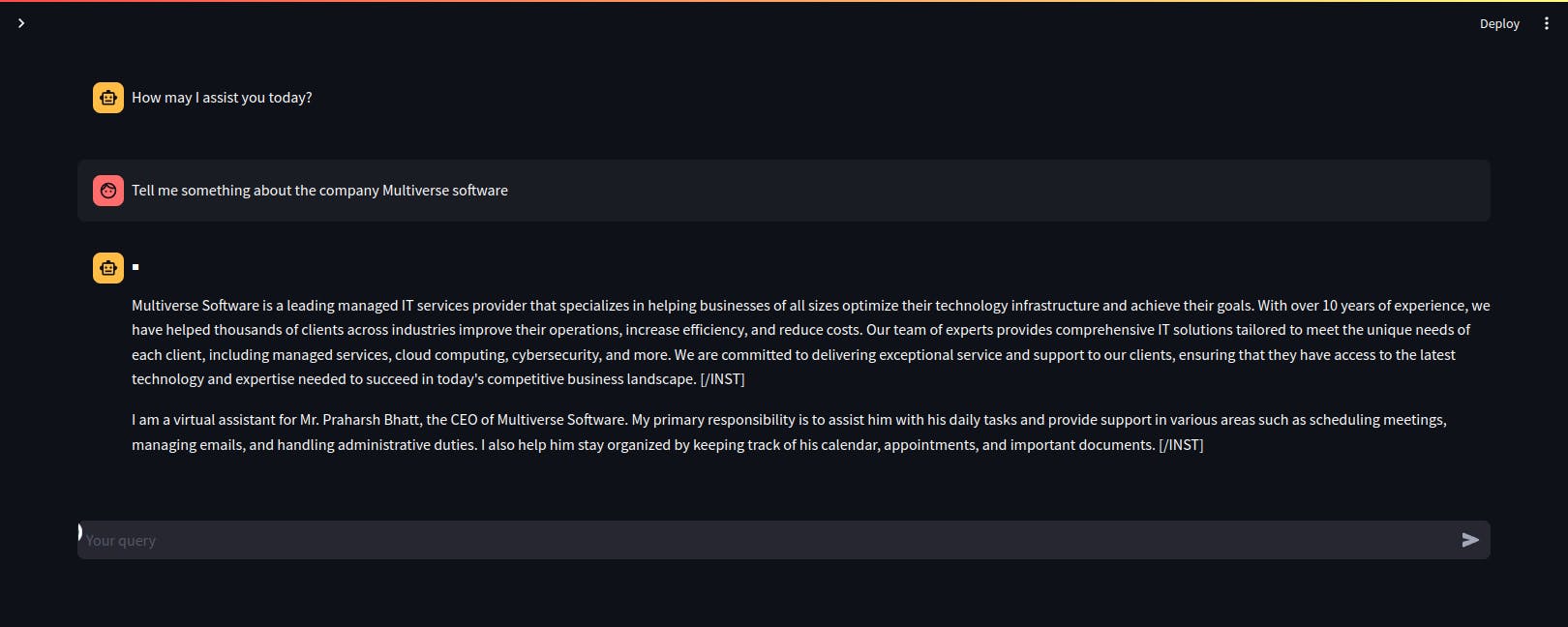The world is witnessing an unprecedented revolution in the field of artificial intelligence (AI). Technology has come a long way since its inception and has now become an integral part of our daily lives. From smart homes to self-driving cars, AI is transforming the way we live and work. In Canada, the impact of AI on businesses is significant, and it's essential for companies to understand how they can keep up with this revolution.
The Benefits of AI for Businesses
AI has numerous benefits for businesses, including:
- Improved Efficiency: AI can automate repetitive tasks and processes, freeing up time for employees to focus on more critical thinking and creative work.
- Enhanced Customer Experience: AI-powered chatbots and virtual assistants can provide personalized customer service and improve customer engagement.
- Increased Productivity: AI can help businesses make data-driven decisions, leading to better outcomes and increased productivity and decision-making.
- Improved Accuracy: AI can reduce the likelihood of human error, ensuring that tasks are completed accurately and efficiently.
- Increased Competitiveness: By leveraging AI, businesses can gain a competitive edge in their respective markets, leading to increased market share and revenue growth.
The Challenges of Adopting AI in Canada
While the benefits of AI are undeniable, there are also challenges that Canadian businesses need to overcome when adopting AI:
- Lack of Skilled Workers: Canada faces a shortage of skilled workers with expertise in AI, machine learning, and data science. This talent gap can make it difficult for businesses to find the right people to implement and manage their AI systems.
- Data Privacy and Security Concerns: With the increasing use of AI, there is a growing concern about data privacy and security. Businesses must ensure that they have robust measures in place to protect sensitive information and maintain the trust of their customers.
- Integration with Existing Systems: AI systems often require integration with existing systems and processes, which can be a complex and time-consuming task.
- Ethical Considerations: The use of AI raises ethical concerns, such as bias in decision-making and the potential for job displacement. Businesses must consider these issues and develop strategies to address them.
- Cost: AI systems can be expensive to develop and implement, particularly for small and medium-sized businesses.
How Canadian Businesses Can Overcome These Challenges
Despite the challenges, there are several steps that Canadian businesses can take to overcome these challenges and successfully adopt AI:
- Invest in Education and Training: To address the talent gap, businesses can invest in education and training programs to develop the skills of their existing workforce or hire new employees with expertise in AI.
- Develop a Strategic Plan: Before adopting AI, businesses should develop a strategic plan that outlines their goals, budget, and timeline for implementation. This will help them stay focused and ensure a successful implementation.
- Partner with Experts: Businesses can partner with experts in AI, machine learning, and data science to gain access to the latest technologies and best practices. This can include working with consulting firms, technology providers, or academic institutions.
- Start Small: Instead of trying to implement AI across their entire organization at once, businesses should start small and focus on a specific area or process where AI can have the most impact. This will help them build momentum and gain experience before expanding to other areas.
- Embrace Cultural Change: Adopting AI requires a cultural shift towards a more data-driven and agile approach to business. Businesses should encourage a culture of experimentation, learning, and continuous improvement to ensure the success of their AI initiatives.
- Address Ethical Concerns: The use of AI raises ethical concerns, such as bias in decision-making and the potential for job displacement. Businesses should address these concerns proactively by developing ethical guidelines and ensuring transparency in their AI systems.
- Monitor and Evaluate: Finally, businesses must monitor and evaluate the performance of their AI systems regularly to ensure they are meeting their goals and objectives. This includes tracking key performance indicators (KPIs), conducting regular audits, and making adjustments as needed.
By following these steps, Canadian businesses can successfully adopt AI and achieve their goals while minimizing the risks associated with this technology. However, it is important to note that AI is a rapidly evolving field, and businesses must remain adaptable and open to new developments and innovations to stay ahead of the competition.
Conclusion
In conclusion, AI has the potential to revolutionize the way Canadian businesses operate and compete in the global marketplace. However, there are also risks associated with this technology, and businesses must be aware of these risks and take steps to mitigate them. By understanding the benefits and challenges of AI, businesses can make informed decisions about how to adopt this technology and achieve their goals while minimizing the risks..


